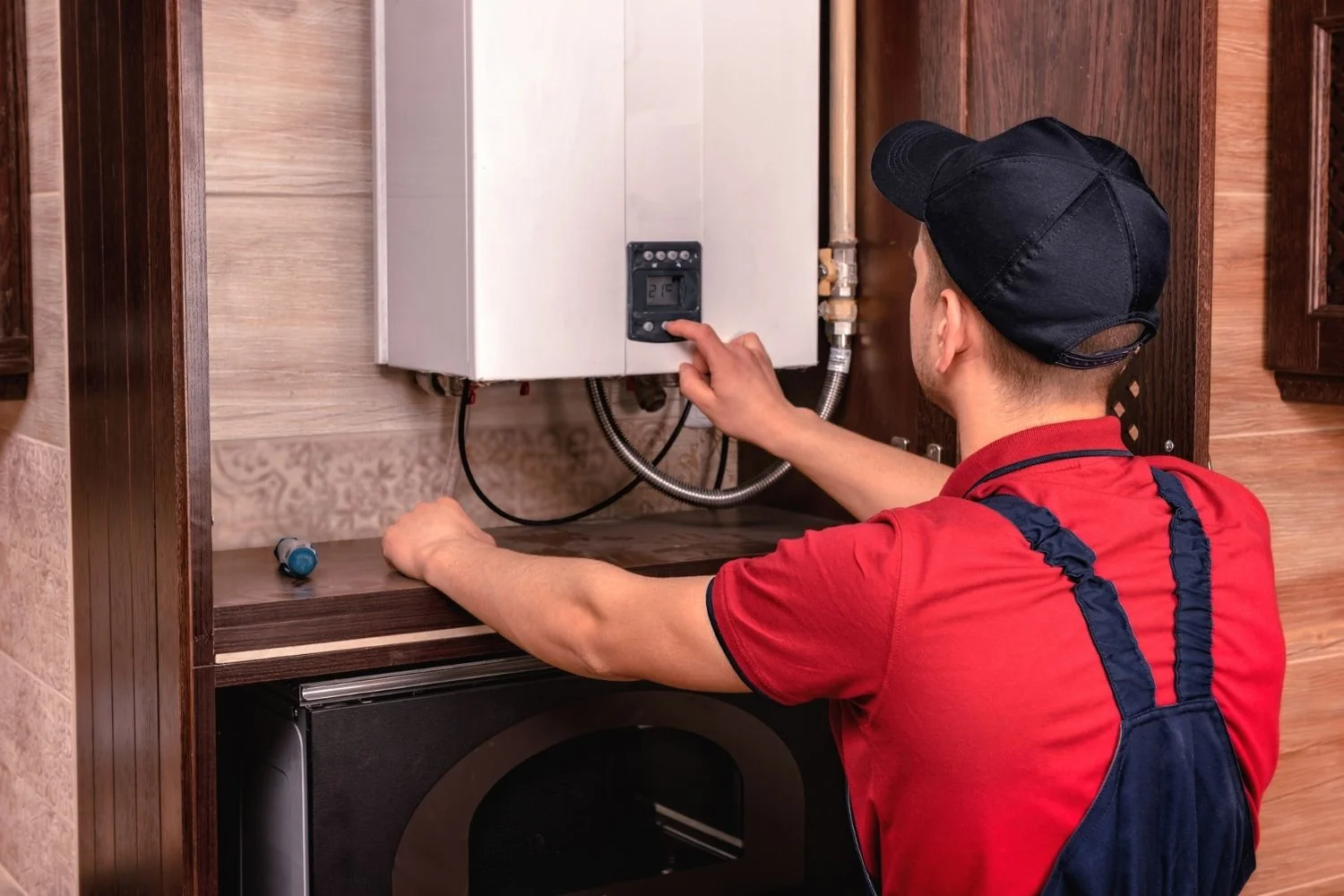Business
Essential Guide to Boiler Installation
Installing a new boiler is a significant investment and an essential decision for any homeowner. Whether you’re replacing an old, inefficient boiler or installing one for the first time, understanding the process and factors involved can help you make informed choices. Here’s a comprehensive guide to Boiler installation to help you navigate through this crucial home improvement project.
1. Assessing Your Needs
Before diving into the installation process, assess your heating needs. Consider factors such as the size of your home, the number of bathrooms, and your heating preferences (e.g., hot water flow rate, energy efficiency). Consulting with a professional heating engineer can provide valuable insights tailored to your specific requirements.
2. Choosing the Right Boiler
Selecting the right boiler is crucial for efficiency and comfort. There are several types to choose from, including combi boilers, system boilers, and conventional boilers. Each type has its advantages depending on factors like property size, water demand, and existing heating system. Efficiency ratings (typically indicated by ERP ratings) should also be considered to minimize energy costs over the boiler’s lifespan.
3. Professional Assessment and Quotation
Once you’ve determined your needs and chosen a boiler type, it’s time to seek professional advice. A qualified heating engineer will conduct a thorough assessment of your property’s heating requirements. They’ll provide a detailed quotation covering the cost of the boiler, installation, and any additional work required (such as upgrading pipework or radiators).
4. Installation Process
The installation process typically begins with preparing the site and removing the old boiler if necessary. Installation involves connecting the new boiler to the existing heating system, ensuring all pipework and fittings are secure and compliant with regulations. Electrical connections are also made, followed by testing to ensure everything functions safely and efficiently.
5. Compliance and Safety
Boiler installation must comply with building regulations and safety standards. It’s essential to hire a Gas Safe registered engineer for gas boiler installations or a qualified professional for electric boilers. Compliance ensures your boiler operates safely and efficiently while adhering to legal requirements.
6. Commissioning and Handover
Once installed, your engineer will commission the boiler. This involves checking all components, settings, and safety features. They’ll also provide instructions on operating the boiler and its controls. It’s crucial to understand how to use your new boiler effectively for optimal performance and energy efficiency.
7. Maintenance and Aftercare
Regular maintenance is key to prolonging your boiler’s lifespan and ensuring it operates efficiently. Consider signing up for a service plan with your installer or a reputable heating company to schedule annual servicing. This not only maintains efficiency but also identifies potential issues early, reducing the risk of costly repairs.
8. Benefits of Professional Installation
Opting for professional installation offers numerous benefits. Experienced engineers ensure proper sizing and installation, maximizing efficiency and longevity. They also provide warranties and guarantees on their workmanship, providing peace of mind that your investment is protected.
Conclusion
Boiler installation is a significant decision that impacts your home’s comfort, energy efficiency, and safety. By understanding your heating needs, choosing the right boiler, and opting for professional installation, you can ensure a seamless process and long-term benefits. Invest in quality installation to enjoy reliable heating and hot water for years to come.

















